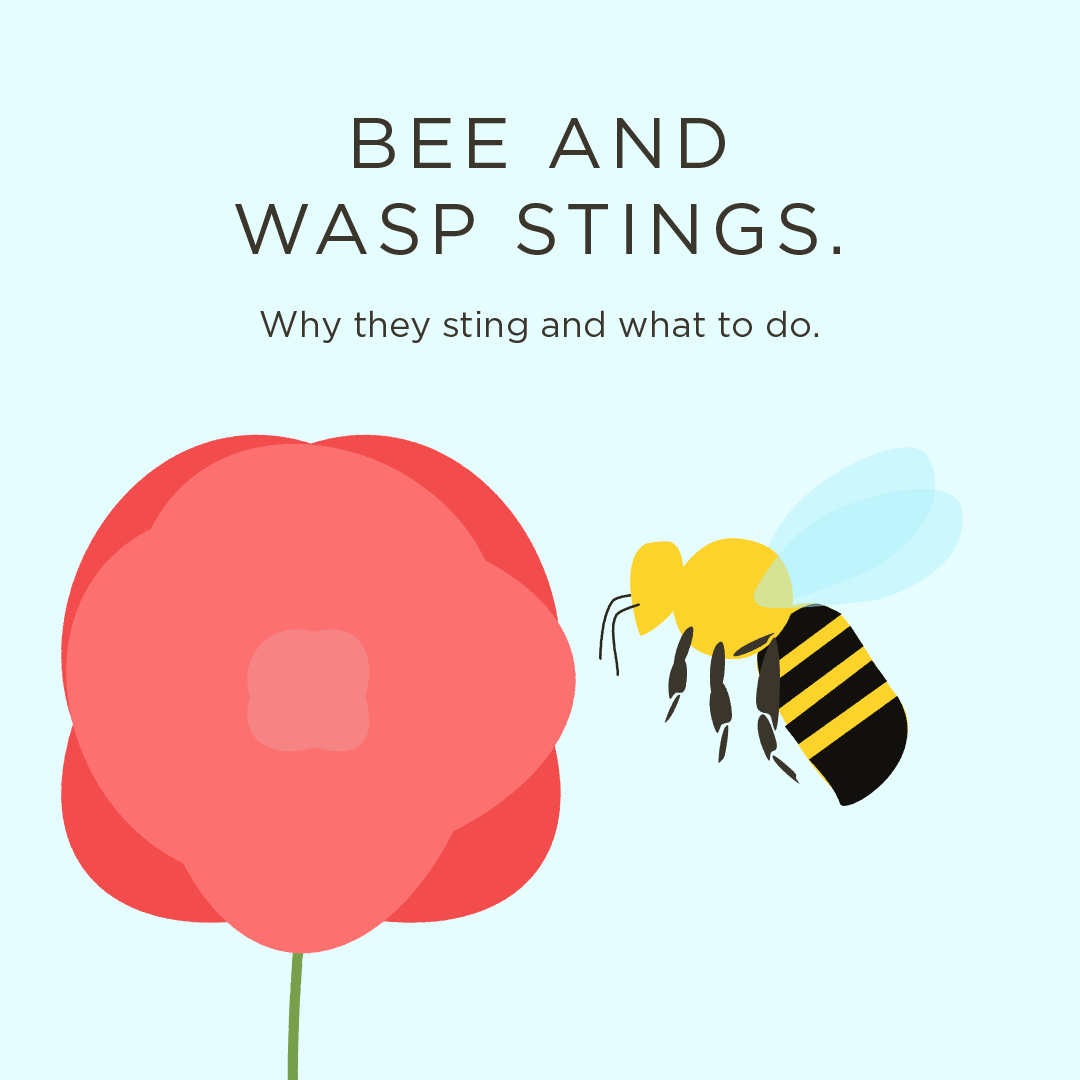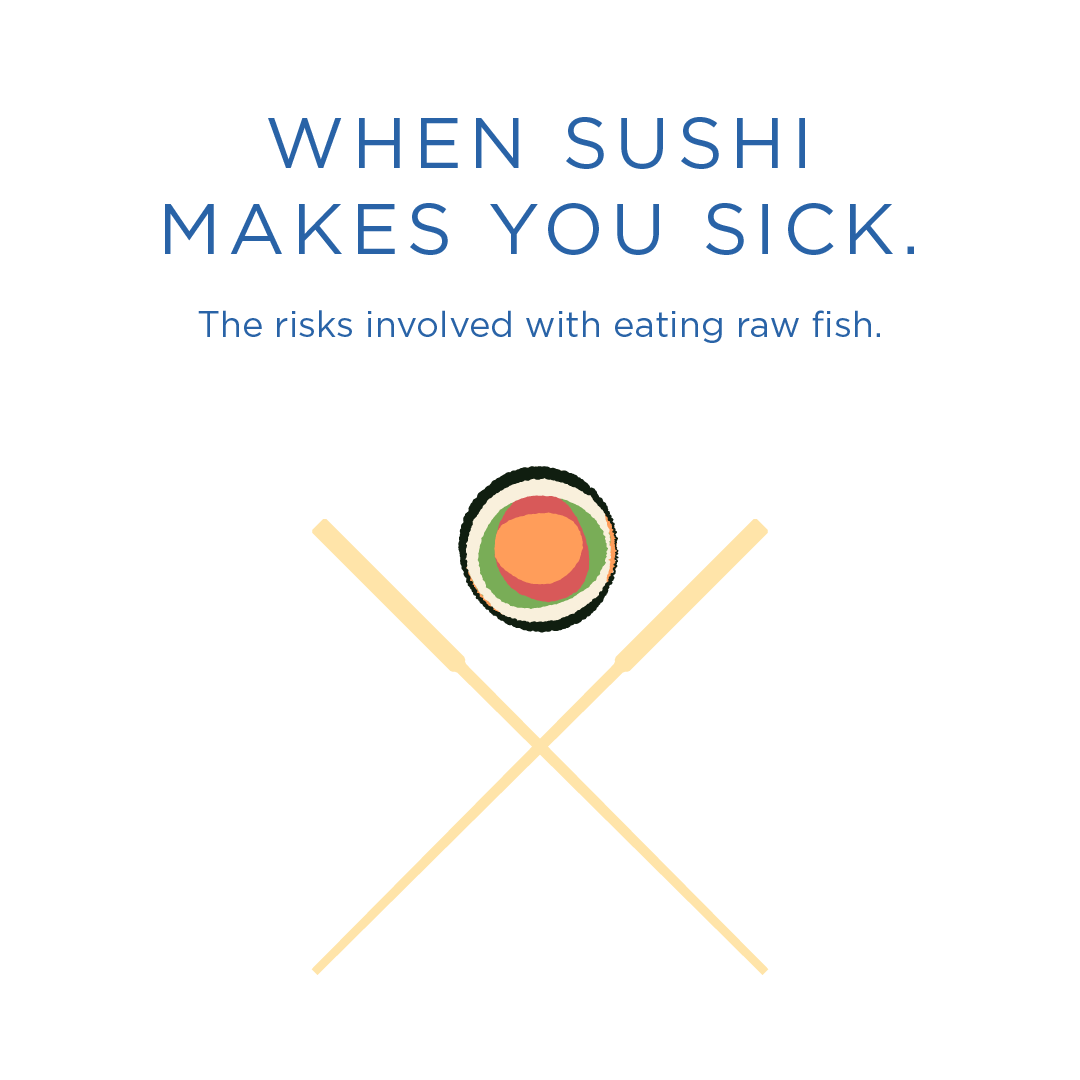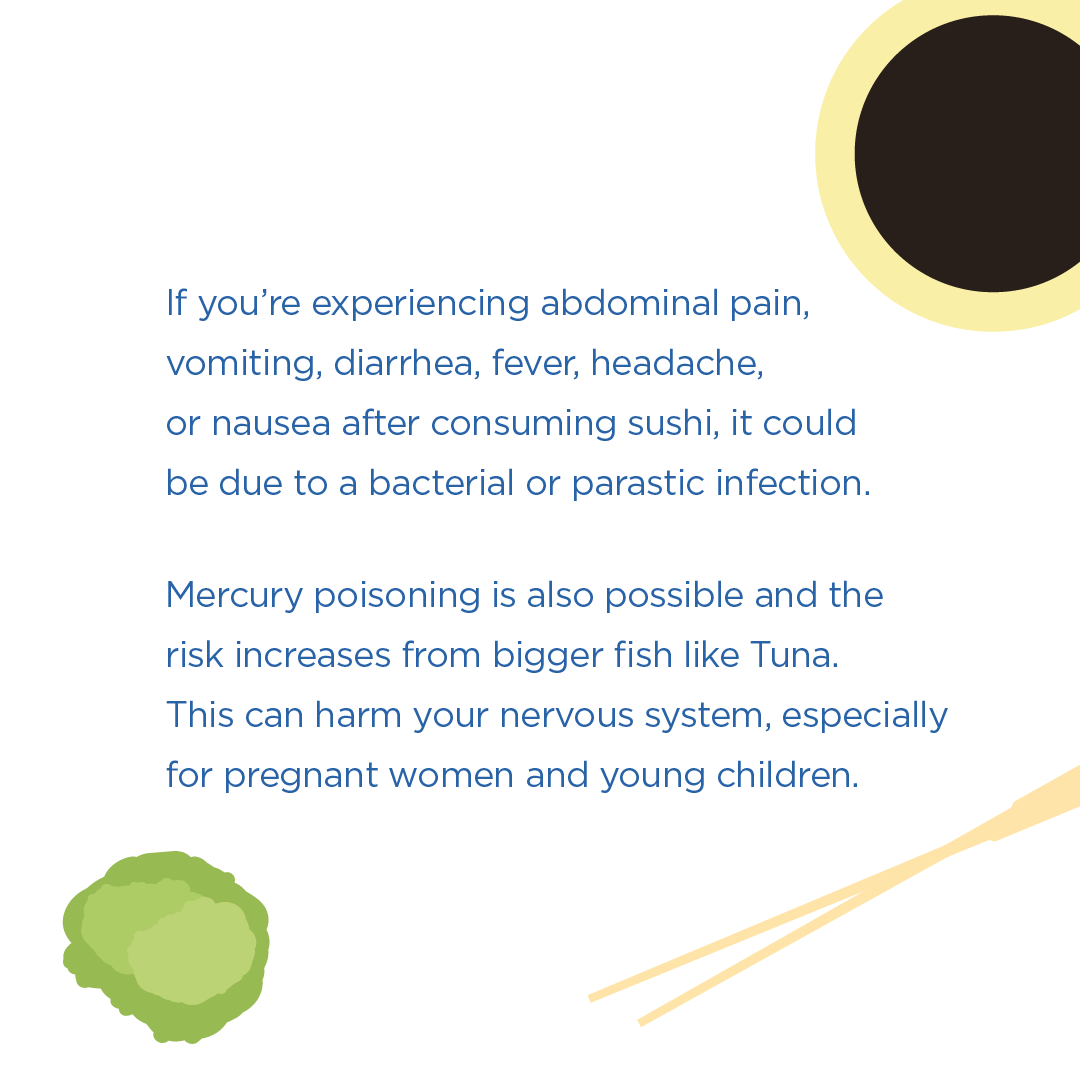Bees, wasps, and other stinging insects use their stingers to defend themselves and their colonies.
Bees, wasps, and other stinging insects use their stingers to defend themselves and their colonies. When a bee stings you, it leaves its stinger embedded in your skin. The stinger pumps venom into your body for as long as 60 seconds before the bee loses it. Since the bee can't pull out the stinger, it will eventually die. Wasps don't leave behind their stingers, so they can sting you several times if they choose to attack multiple times.
Is the pain of a bee or wasp sting enough to make you want to swat at them when they fly around? It's best not to. Although bees and wasps are often considered pests, these insects are an essential part of our ecosystem because they help pollinate plants and eliminate pest infestations by preying on smaller insects that would otherwise damage crops or pose problems for us.
Children with a family history of allergic reactions should be closely monitored after an insect sting.
If you have a family history of allergic reactions, asthma, or eczema.
If there is a first-degree relative (parent, child, sibling) with a history of anaphylaxis.
If you've previously had a severe reaction to an insect sting.
The age of the person stung. Young children are more prone to severe reactions than teens or adults.
The time of year – the risk of severe sting reactions often increases in late summer and early fall.
Symptoms of an allergic reaction include swelling, breathing problems, and nausea or dizziness.
If you experience these symptoms, seek immediate medical attention. If possible, it may help to bring the stinger with you for identification. If a bee sting is treated incorrectly, the sting area can become infected.
After being stung by a wasp or bee, applying ice or cold packs is often helpful to reduce swelling. These should be placed on and off in 10-minute intervals. Avoid scratching the area as this can cause further irritation and increase your risk of infection.















